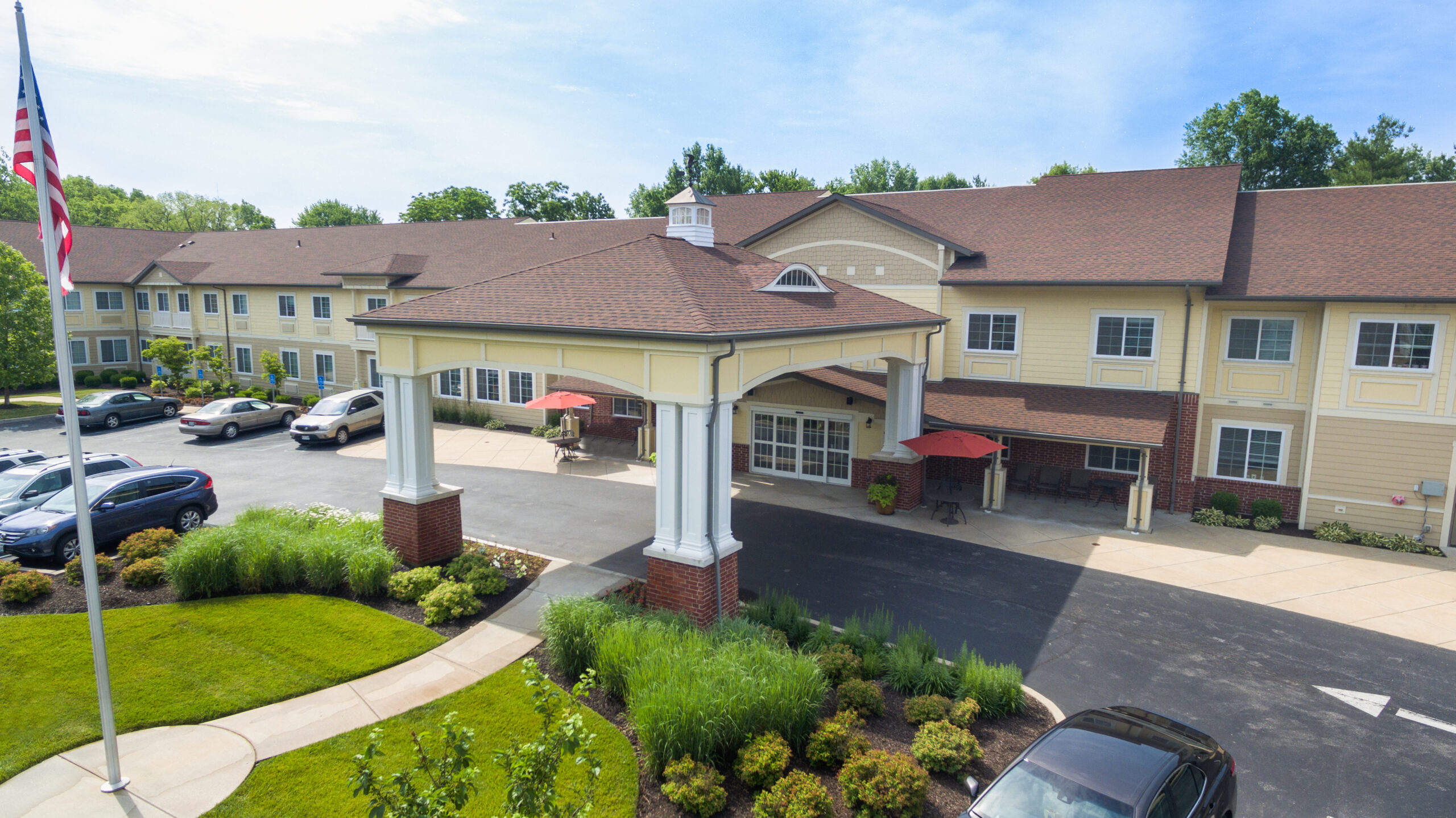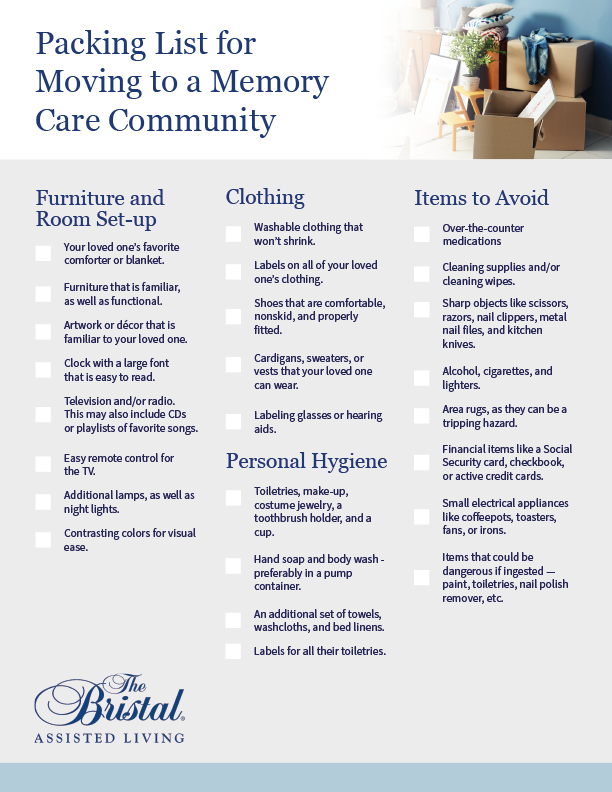Producing a Safe and Encouraging Atmosphere for Alzheimer's Care
The development of a supportive and secure setting for people with Alzheimer's is paramount in improving their lifestyle. This entails not only physical adaptations within the home, such as decreasing threats and including acquainted aspects, but additionally the execution of organized routines and meaningful activities that satisfy their cognitive needs. Comprehending the mental and psychological measurements of treatment can significantly influence their sense of security and link. Discovering these complex techniques can expose essential understandings into efficient caregiving approaches that may transform the everyday experiences of both individuals and caregivers.
Understanding Alzheimer's Demands
Frequently, people with Alzheimer's illness display a variety of demands that need customized strategies to care. As the condition proceeds, cognitive decline shows up in numerous methods, impacting memory, reasoning, and also the capability to do daily tasks. Caretakers need to identify these advancing requirements to give proper support and ensure a better of life for those influenced.
One essential element of comprehending Alzheimer's needs is identifying the significance of regular and experience. People frequently find convenience in recognized patterns, which can decrease stress and anxiety and confusion. Caregivers must aim to produce structured day-to-day timetables that include significant activities straightened with the person's abilities and rate of interests.
In addition, reliable interaction is vital. People with Alzheimer's may have a hard time to reveal themselves or comprehend intricate language. Caretakers must use simple, clear language, use non-verbal cues, and method active listening to promote understanding and connection.
Lastly, psychological and social requirements can not be overlooked. Supplying chances for social interaction and keeping partnerships can substantially enhance emotional health. Caretakers ought to encourage involvement in neighborhood activities or family members celebrations, advertising a feeling of belonging and purpose. Understanding these diverse demands is essential for creating a helpful treatment environment.
Designing a Safe Home
Producing a secure home for individuals with Alzheimer's disease is vital to decreasing threats and promoting independence. Make sure that pathways are clear and well-lit, as correct lighting lowers disorientation and improves wheelchair.
Including adaptive features is likewise essential. Set up grab bars in bathrooms and near staircases, and think about using non-slip floor coverings in damp locations. In addition, making use of contrasting shades for walls and floorings can aid in distinguishing rooms, assisting to reduce complication.
Familiarity is necessary for individuals with Alzheimer's. Customizing the atmosphere with familiar objects and pictures can reinforce a feeling of belonging and safety - Alzheimers Care Charlotte. It is likewise valuable to have an assigned location for daily activities, such as analysis or crafting, which can provide structure to their day
Finally, applying a safe and secure outdoor room permits secure exploration while getting in touch with nature. By thoughtfully designing the home setting, caretakers can dramatically boost the quality of life for people dealing with Alzheimer's illness.
Enhancing Interaction Abilities

Non-verbal communication, consisting of facial expressions, motions, and touch, plays an essential duty in sharing empathy and understanding. Maintaining eye get in touch with and a calm temperament can enhance the comfort level of the person, promoting a sense of security.
Additionally, it is essential to exercise energetic listening. This involves being fully existing, revealing patience, and allowing the individual to share themselves without disruption. Repeating might be required; caretakers should be prepared to revisit subjects or inquiries, as individuals with Alzheimer's may fight with memory recall.
Additionally, utilizing aesthetic help or signs, such as photographs or familiar objects, can promote acknowledgment and involvement. Inevitably, improving interaction abilities is concerning developing trust fund and creating an atmosphere where people feel listened to, valued, and understood, consequently improving their top quality of life.
Motivating Social Interaction
Promoting significant social interactions can greatly boost the well-being of individuals with Alzheimer's condition. Engaging with others not only helps battle sensations of isolation yet additionally stimulates cognitive feature and emotional health and wellness. Structured social activities, such as group crafts, arts and games, or music treatment, produce chances for citizens to link with peers and caretakers, which can lead to boosted state of mind and minimized stress and anxiety.
Creating an inviting atmosphere that motivates socializing is essential. This can be achieved by preparing public spaces that promote interaction, see this such as relaxing seating locations or activity spaces. Furthermore, including culturally pertinent and familiar tasks can spark memories and use this link encourage engagement, allowing people with Alzheimer's to really feel more linked to their previous experiences.
Furthermore, caretakers should be trained to acknowledge and promote social interaction amongst citizens. Easy gestures, such as launching conversation or promoting little seminar, can help individuals really feel valued and included. Regularly arranged gatherings must be constant yet adaptable, accommodating differing degrees of ability and passion. By prioritizing social interaction, we can substantially enrich the lives of those coping with Alzheimer's, promoting a feeling of community and belonging.
Sustaining Caretaker Well-being

To support caregivers, organizations must provide normal training and academic resources to improve their understanding of Alzheimer's disease and caregiving techniques. Giving access to respite treatment services enables caregivers to take necessary breaks, lowering stress and anxiety and fatigue - Alzheimers Care Charlotte. Additionally, promoting a community through support groups can facilitate emotional sharing and the exchange of useful guidance amongst caretakers, producing a network of common check this site out support
Psychological wellness resources, such as therapy solutions, can also be crucial in resolving the emotional toll caregiving can take. By focusing on caretaker health, we create a more sustainable caregiving atmosphere that not only profits the caregivers themselves yet additionally enhances the general quality of care obtained by individuals with Alzheimer's. Inevitably, supporting caregivers is a necessary part in cultivating a efficient and thoughtful treatment setting.
Verdict
In conclusion, the production of a encouraging and risk-free environment for individuals with Alzheimer's is vital to improving their high quality of life. By prioritizing safety and security via thoughtful style, promoting psychological well-being with acquainted aspects, and advertising involvement with structured regimens, caretakers can substantially influence the general experience of those impacted by this condition. Supporting caretaker well-being is essential, as it inevitably adds to an extra thoughtful and effective care atmosphere.
Rep might be needed; caregivers ought to be prepared to review questions or subjects, as individuals with Alzheimer's may struggle with memory recall.
